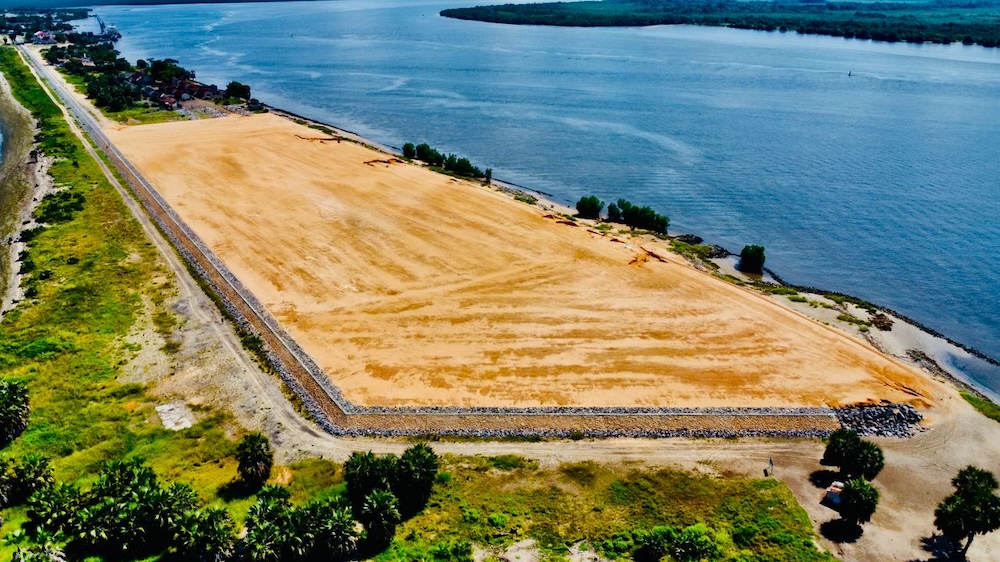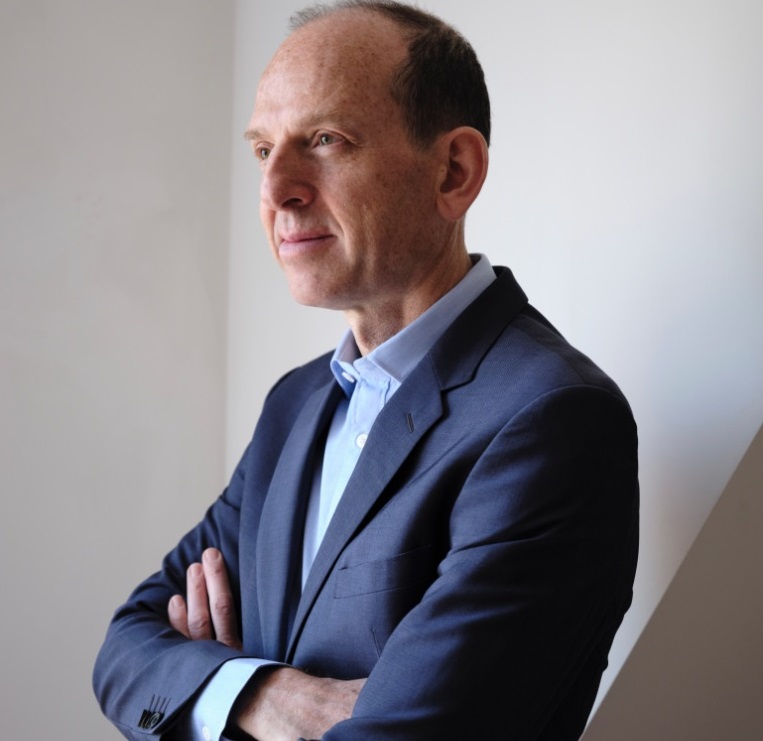ISSER Boss calls for balanced approach in Africa's push toward a cashless economy
By Hafsa Obeng
Accra, May 21, GNA – Professor Peter Quartey, Director, Institute of Statistical, Social and Economic Research (ISSER), has called for a more inclusive and balanced policy approach as African countries push toward a cashless economy.
He said there was the need for a balanced and inclusive approach that accommodated both cash and digital options, especially for the unbanked, marginalized, and less digitally literate segments of societies in Africa’s transition toward a cashless economy.
Prof. Quartey made the call during the opening of a two-day conference of Merian Institute of Advanced Studies in Africa’s (MIASA’s) 12th Interdisciplinary Fellow Group (IFG12) in Accra.
The conference was on the theme: “Cash in Crisis in Africa: Navigating Financial Realities in Times of Disruption.”
It is aimed at exploring the often-conflicting dynamics between policy and governance
frameworks and crises in shaping the circulation, accessibility and utilization of cash, in an increasingly digitized African society.
He said, “let us not restrict people to only one form of payment. Cash and digital payments should coexist to ensure financial inclusivity and resilience.”
Prof Quartey lauded the theme as highly topical and relevant to today’s policy discourse, saying it was very relevant, especially considering the current financial disruptions and the growing push for digital transformation.
He noted that ISSER, in collaboration with the Innovation for Poverty Action (IPA), was also making significant strides in the digital finance space.
“Currently, we are funding about 19 studies through the Gates Foundation across low- and middle-income countries such as India, Ghana, Pakistan, and Indonesia. These studies are exploring how commercial solutions and agent networks can be leveraged to reach the last mile,” he added.
Highlighting the growing significance of digital payments, Professor Quartey referenced the 2024 GSMA report, which shows continued but albeit slow growth in mobile money usage.
According to the report, mobile money users reached 1.7 billion in 2023, marking a 12 per cent increase over the previous year.
In addition, agent networks in sub-Saharan Africa have seen 22 percent growth since 2002, now numbering over 18.6 million.
“These figures underscore the rising importance of digital payments; however, we must also recognize the persistent challenges in reaching underserved populations, micro and small enterprises, the unbanked, and rural communities,” he said
Mr. Fabio Knumann, a Representative of Deutsche Bundesbank, emphasized that cash remained foundational in many African economies, where it ensured access, autonomy, and reliability amid limited digital infrastructure.
He also raised alarms over the global decline in cash infrastructure, particularly in Europe, where ATM closures and reduced cash acceptance risked marginalizing vulnerable groups.
He said there was the need for collaborative, inclusive, and context-sensitive solutions that maintained the resilience of cash systems while embracing digital innovation.
Mr Joseph Awetori Yaro, Provost, College of
Humanities, said the theme for the conference spoke directly to the lived realities of millions of Africans, including individuals, communities, who were always constantly trying to adapt to financial uncertainty with both creativity and resilience.
He said understanding how cash circulates, and how value was created or lost during these moments of crisis, offers crucial insights into the deeper political, economic and social structures that shape people’s lives.
He commended all the fellows of the IFG12 for their commitment to advance critical, interdisciplinary dialogue on one of the most pressing issues facing African societies today, while acknowledging MIASA for their continued efforts in convening such vital and thought-provoking conversations.
Prof. Grace Diabah, Director, MIASA, said the IFG 12 project was to investigate the role of cash in diverse West African settings during times of crises, from everyday life disruptions to critical regional and national tragedies.
It aligns with the MIASA’s mission of promoting
original research on sustainable governance, addressing a pressing issue in West African societies, and fostering collaboration among researchers globally.
The IFG12 comprises of five fellows, namely, Prof. Vivian Afi Dzokoto (Psychology, Virginia Commonwealth University), Prof. Isaac Osei-Akoto (Economics, University of Ghana), Prof. Oludayo Tade (Sociology, University of Ibadan), Dr. Agnes Piekacz (History, Bielefeld University), Dr. Mariusz Lukasiewicz (History, University of Leipzig).
GNA
21 May 2025
Caption: Picture Attached










